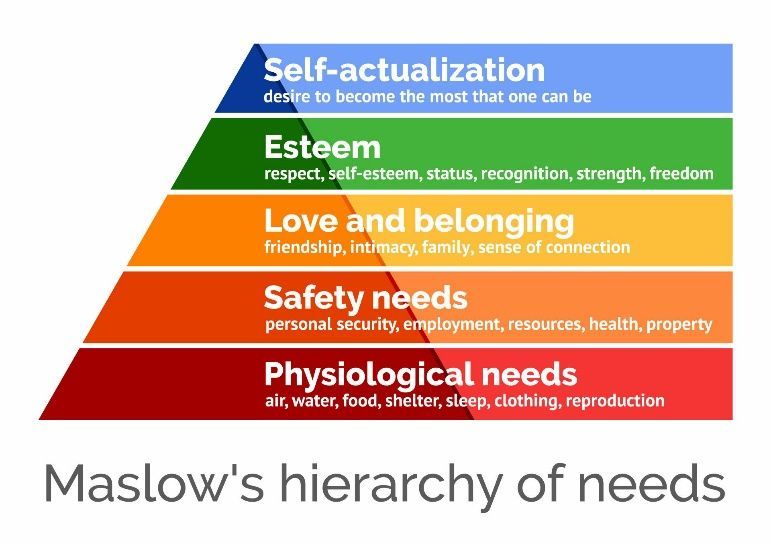The HR Headaches You Didn’t Know You Had: 7 Costly Mistakes Small Businesses Make with Their People Policies
By Dr. Nikie Walker, Ed.D. | HR Consultant & Leadership Strategist | 20/20 Walker Consulting
If you’re running a small business, chances are your HR “department” is either a one-person show or a rotating list of whoever drew the short straw that week. Trust me, I’ve been in the trenches with business owners just like you. You’re juggling patient/client care, payroll, complaints, and maybe even plunging the breakroom sink. So, HR often gets pushed to the bottom of the list… until it implodes and no one is happy, especially you!
1. Your Handbook Is Either a Dinosaur or a Ghost
If your employee handbook is collecting more dust than policies, it’s a liability, not a resource. And if you don’t have one at all? That’s an even bigger problem. Outdated or missing handbooks leave your business vulnerable to lawsuits, noncompliance, and inconsistent decision-making.
Pro Tip: Review your handbook at least once a year—and immediately after any legal or organizational changes. It’s your culture in print. Keep it current.
2. You’re Not Documenting—Until You Wish You Had
Performance issues, I-9 forms, time-off requests—if it’s not documented, it didn’t happen. I know documentation feels tedious, but skipping it invites risk and weakens your ability to protect your business if things go south.
Pro Tip: Create a simple process for performance notes, file audits, and disciplinary actions. Good documentation is not about being punitive, its about being prepared.
3. Your Job Descriptions Are Vague (or Nonexistent)
When employees aren’t sure what they’re responsible for, you can expect confusion, missed deadlines, and finger-pointing. Clear, updated job descriptions help people do their best work and reduce the dreaded “that’s not my job” syndrome.
Pro Tip: Outline responsibilities, required skills, and expectations for each role—and update them as roles evolve.
4. Onboarding = “Figure It Out”
You can’t afford to treat onboarding like a rushed orientation or a quick “welcome aboard” email. When you onboard poorly, you set your team up to fail—and they’ll leave faster than you can say “turnover costs.”
Pro Tip: Create a 30-60-90 day plan for new hires. Introduce them to your culture, expectations, tools, and team. Don’t just fill the seat—set them up to thrive.
5. You’re Playing Fast and Loose with Labor Laws
Misclassifying employees (there are rules for who can be categorized as a salaried employee and who MUST be an hourly employee). Ignoring overtime rules. Did you know that employees must be paid time and a half for hours worked over 40? But did you also know that it is 40 hours of ACTUAL work? For example, if your employee was able to work 42 hours in a workweek, but 8 of those hours are holiday day pay, you do not have to pay OT on the 2 hours.
Overlooking harassment training. These are not small mistakes—they’re legal landmines. And trust me, ignorance won’t save you in court.
Pro Tip: Partner with an HR consultant (hi, that’s me!) or use a compliance tool to stay up to date. Labor laws change, and your policies should, too.
6. You Don’t Have a Conflict Resolution Plan
Disagreements are inevitable. But when your team doesn’t know where to take their concerns, or doesn’t trust the process, they’ll either quit or disengage.
Pro Tip: Establish a clear, confidential process for reporting and resolving issues. Train your managers to address problems before they become full-blown crises.
7. You Have Policies… Just Not in Writing
Telling employees to “just use common sense” doesn’t cut it anymore. You need written policies on conduct, safety, performance, and beyond. Why? because consistency protects everyone.
Pro Tip: Document your policies and make sure they’re accessible, readable, and reinforced in your culture. If it matters, put it in writing.
Your Policies Should Grow with Your Business
Small businesses evolve quickly. What worked when you had five employees won’t work when you have twenty. So treat your HR practices as living systems—not one-and-done documents. The best investment you can make isn’t just in hiring talent—it’s in protecting that talent (and your business) with proactive, people-centered HR policies.
And note that if you have a handbook and you don’t follow the policies because they are outdated, complicated, or not relevant, your handbook is worthless- and employees know that. Your leadership, polices, and practices will not be worth the paper they’re printed on.
If you're feeling overwhelmed or unsure where to start, I can help. At 20/20 Walker Consulting, I specialize in helping small businesses—especially those in healthcare and optometry—streamline their policies, stay compliant, and build thriving workplaces. Let’s chat.
Need help updating your HR policies or handbook?
Schedule a free consultation at
www.2020walkerconsulting.org or connect with me on LinkedIn.


